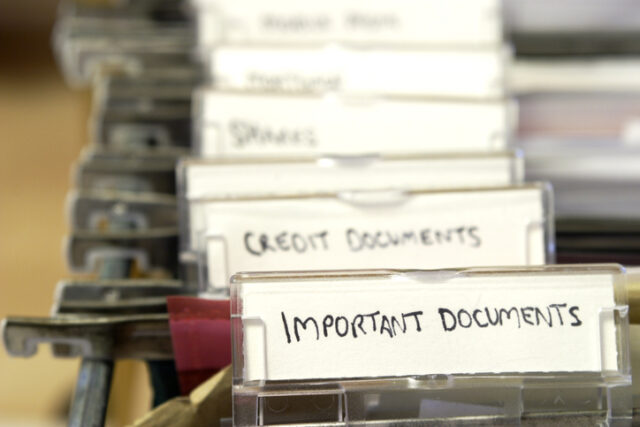It’s funny to think how, well into the 21st century, a lot of the skills that used to be must-haves are now almost… quaint.

They’re not just little conveniences that society outgrew; they’re skills that shaped how millions of people worked, lived, and communicated with each other. However, technology and culture evolve, some of these skills are fading into history. Here are some of the things most people used to do pretty regularly and now never do.
1. Writing formal letters by hand

Letter-writing used to be an art, requiring careful thought and penmanship. Today, emails, texts, and instant messaging have taken over. While handwritten letters still carry charm, they’re no longer a practical everyday skill. Formal communication has gone digital, and most of us wouldn’t know where to start with proper letter etiquette.
2. Calculating maths manually

From calculating change in your head to doing long division on paper, mental maths was once a must-have skill. Now, we have calculators built into every phone, app, and smartwatch. Even cashiers rely on machines to count change, making mental maths a rare necessity. It’s no wonder fewer people flex this skill anymore.
3. Navigating without GPS

Before smartphones, getting from point A to B meant using a printed map, asking for directions, or memorising landmarks. Today, even the most geographically challenged person can navigate like a pro using GPS apps. The skill of reading maps, estimating travel times, or orienting yourself based on the sun has become almost unnecessary.
4. Using shorthand

Shorthand was once a critical tool for secretaries, journalists, and court reporters to quickly jot down information. But with dictation apps and voice recognition software, this skill has practically disappeared. Now, machines can transcribe spoken words faster and more accurately than humans ever could.
5. Learning how to use a library catalogue

The Dewey Decimal System was a rite of passage for anyone researching in a library. But now, a quick keyword search online can locate anything you need instantly. Physical card catalogues have been replaced by digital databases, making this skill unnecessary for most people.
6. Crafting a resume without templates
 Source: Unsplash
Source: Unsplash Once upon a time, crafting a resume meant carefully formatting it in a word processor or even writing it by hand. Today, templates on job boards and design platforms like Canva have made the skill of building a resume from scratch nearly obsolete. Drag-and-drop tools do most of the heavy lifting now.
7. Fixing simple car problems

Changing your own oil, replacing a spark plug, or even jump-starting a car used to be basic knowledge. Modern cars are so advanced—with electric engines and complex diagnostics—that many of these skills are no longer needed. Mechanics or specialised equipment often handle even the simplest fixes.
8. Typing without looking

In the past, touch typing was a game-changing skill for anyone using a keyboard. Now, autocorrect, predictive text, and voice-to-text technology mean you don’t have to type perfectly—or even look at your keyboard—at all. For better or worse, precision has taken a back seat to convenience.
9. Managing a home filing system

From bills to tax records, managing a physical filing system used to be critical for staying organised. These days, everything is digital—stored in emails, cloud drives, or apps. The skill of creating and maintaining a filing cabinet is slowly fading, replaced by search functions and paperless systems.
10. Sewing and mending clothes

Knowing how to sew a button, hem trousers, or patch a tear was once a common household skill. Fast fashion and affordable replacements have made repairing clothes feel unnecessary. While some enjoy sewing as a hobby, it’s no longer a life skill people are expected to have.
11. Editing photos manually

Before Instagram filters and one-click editing tools, photo editing required skill and software know-how. Darkroom techniques and advanced programs like Photoshop were once essential for photographers. Now, AI tools can retouch, enhance, and filter photos with a tap, making manual editing less relevant.
12. Doing mental currency conversions

Travelling abroad used to mean constantly converting currencies in your head to avoid overspending. Apps and credit card machines now handle all the conversions for you. It’s rare to find someone calculating exchange rates manually anymore—it’s a skill that’s quickly become irrelevant.
13. Writing cheques

There was a time when writing cheques was a routine part of paying bills and shopping. Today, digital payments, direct debits, and contactless technology have made cheques nearly extinct. Few people under 30 have ever even written one, let alone balanced a chequebook.
14. Memorising trivia and facts
 Source: Unsplash
Source: Unsplash Knowing random trivia used to be a social skill that could make you the star of a conversation. Now, everyone has Google in their pocket, so looking up facts takes seconds. This doesn’t mean trivia has lost its charm—it’s just no longer a “skill” people rely on.




